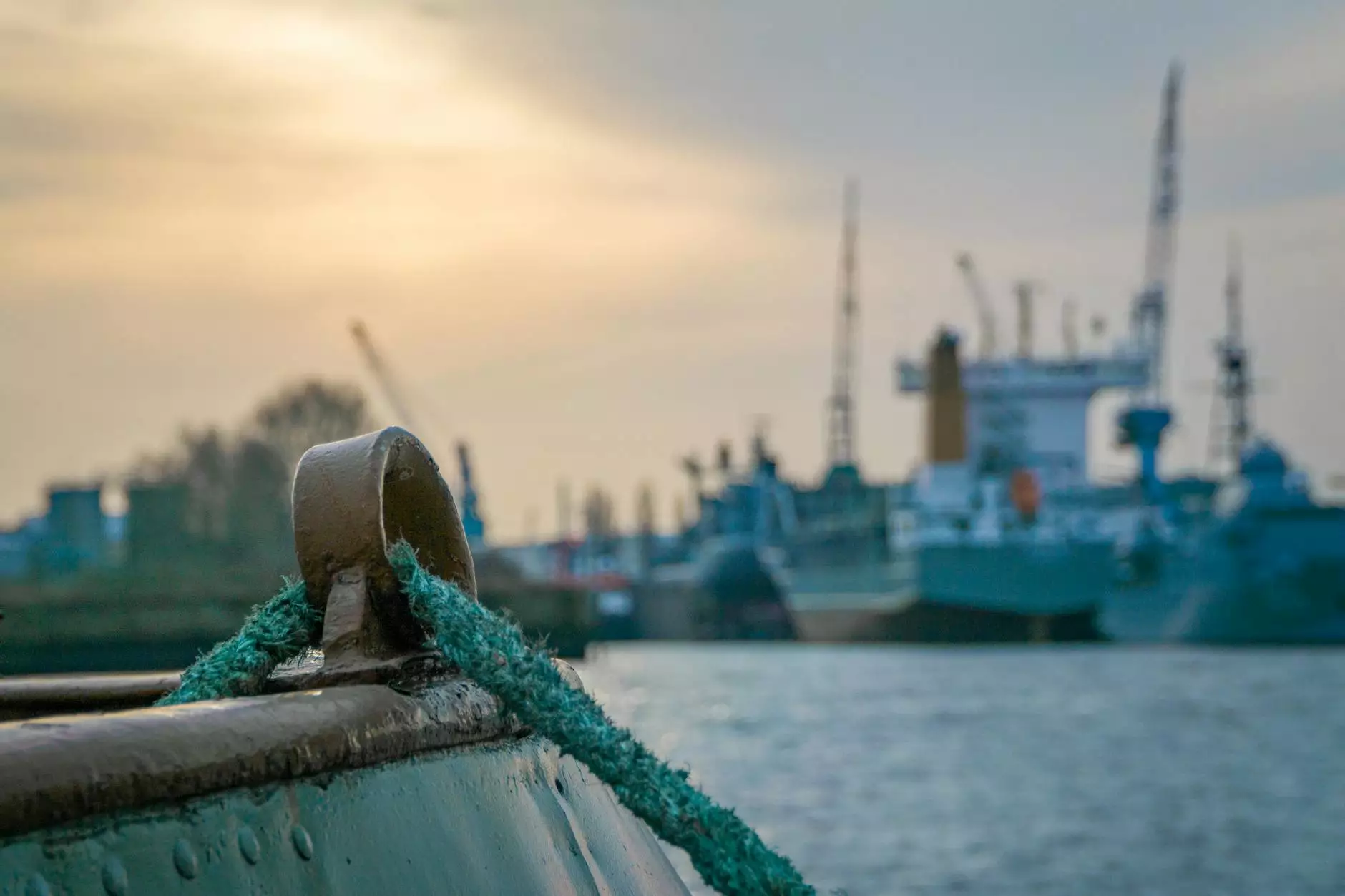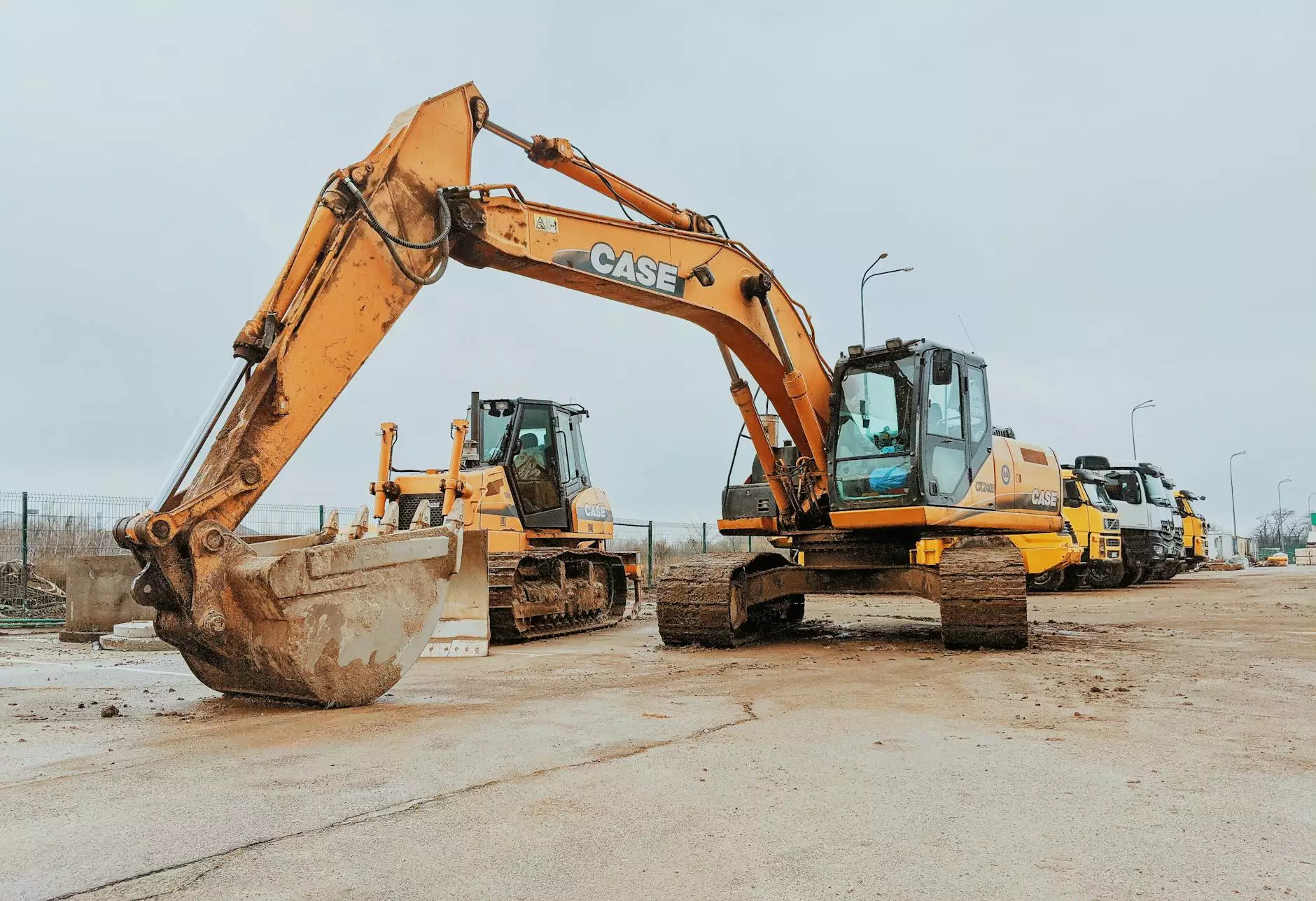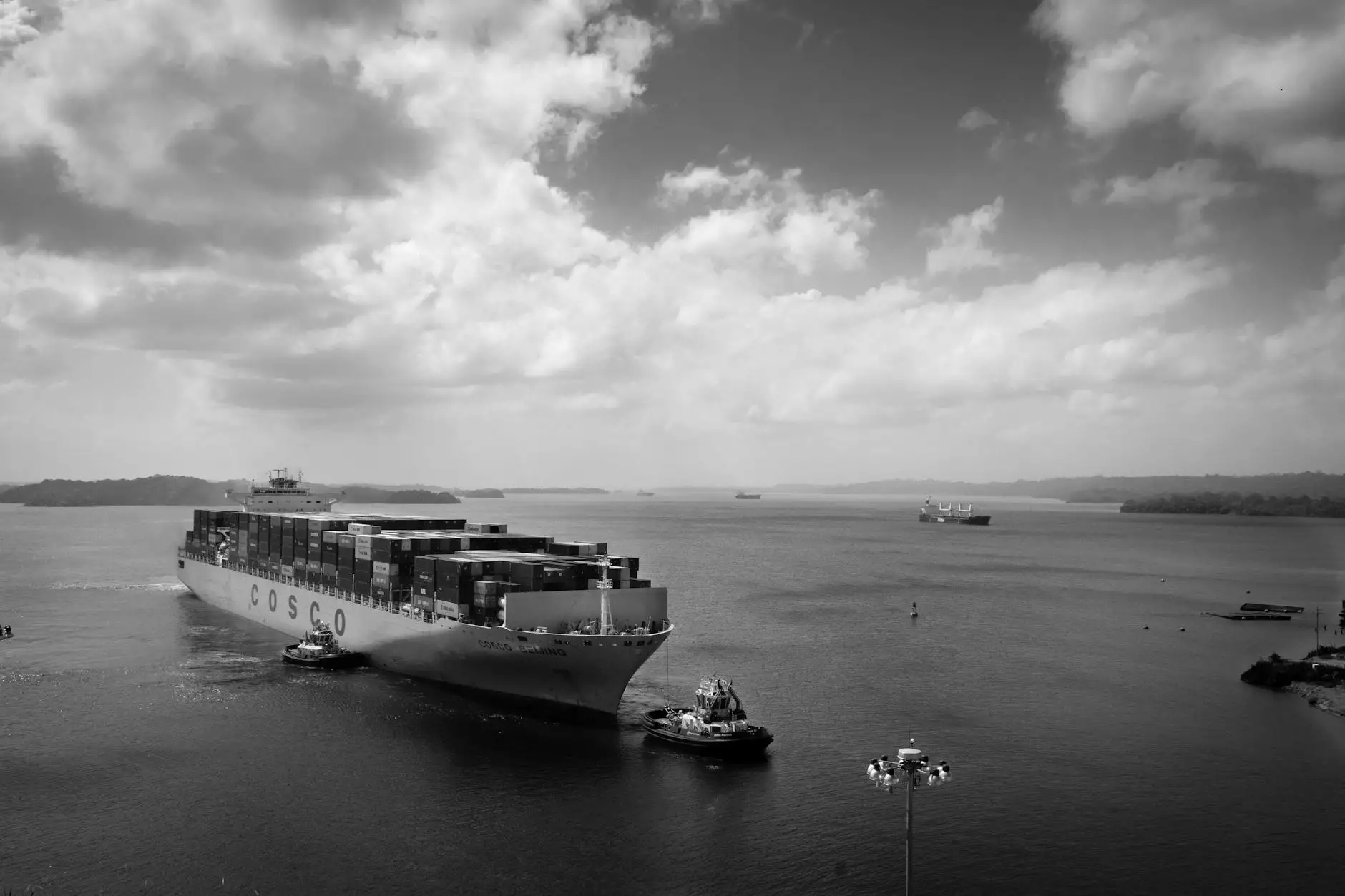How Many Cargo Ships Sink a Year?

Introduction
Welcome to STS Towing, your trusted source for information about the maritime industry. In this article, we delve into the pressing question of how many cargo ships actually sink each year. As a leading expert in our field, we aim to provide you with comprehensive insights and valuable statistics. Join us on this journey to gain a better understanding of the risks and challenges faced by the shipping industry.
The Importance of Safety at Sea
The safety of cargo ships is of utmost importance, not only for the companies and individuals directly involved but also for the global economy. With an estimated 90% of world trade being transported by sea, any disruption to maritime operations can have significant consequences. It is crucial to stay informed about the frequency and causes of ship sinkings to better address potential risks and improve safety measures.
Trends and Statistics
According to the latest available data, cargo ship sinkings have been steadily declining over the years thanks to improved safety regulations and technological advancements. However, it's essential to keep in mind that the maritime industry is vast, and occasional incidents still occur. Let's examine some key statistics:
- In 2020, there were a total of 41 recorded sinking incidents for cargo ships worldwide.
- This represents a decrease of 15% compared to the previous year's figures, showcasing positive progress.
- The most common causes of cargo ship sinkings include severe weather conditions, human error, and structural failures.
- Among the different types of cargo ships, bulk carriers and container vessels are the most frequently involved in sinking incidents.
- Despite these incidents, the shipping industry continues to implement stringent safety protocols to enhance crew training, maintenance standards, and emergency response procedures.
The Impact on the Shipping Industry
While the number of cargo ship sinkings may appear relatively small compared to the thousands of vessels operating worldwide, each incident has a significant impact on the shipping industry. Some of the effects include:
- Loss of valuable cargo: When a ship sinks, the cargo it carries may be irretrievably lost. This not only results in financial losses for shipping companies but also disrupts supply chains and affects global trade.
- Environmental concerns: Shipwrecks can cause pollution, releasing oil and other hazardous substances into the marine environment. This poses a threat to marine life, ecosystems, and coastal communities.
- Insurance and legal implications: Sinking incidents often trigger insurance claims and legal proceedings, which can be complex and time-consuming for all parties involved. These incidents serve as a reminder for shipping companies to review their insurance coverage and contractual agreements.
- Safety and reputation: Ship sinkings can damage the reputation of shipping companies, affecting their credibility and trustworthiness. Ensuring the safety of vessels and crew remains a high priority to maintain a positive industry image.
Preventive Measures and Safety Initiatives
In response to the risks posed by cargo ship sinkings, the maritime industry continuously develops and implements preventive measures and safety initiatives. These include:
- Advanced weather forecasting systems to help vessels avoid severe weather conditions whenever possible.
- Improvements in ship design and construction techniques, focusing on durability and stability.
- Strict adherence to international safety regulations and standards set by organizations such as the International Maritime Organization (IMO).
- Enhanced crew training programs, ensuring that seafarers possess the necessary skills and knowledge to handle emergencies effectively.
- Regular inspections and maintenance of vessels to identify and address any potential safety hazards.
Conclusion
In conclusion, while the number of cargo ship sinkings has shown a decline in recent years, ensuring safety at sea must remain a top priority for the shipping industry. By staying informed about incidents and taking proactive measures, such as those mentioned above, shipping companies can continue to minimize risks and enhance their overall operations. At STS Towing, we are committed to promoting maritime safety and providing valuable insights to support the growth and success of the business and consumer services sector. Check out our other articles for further information and contact us with any questions. Stay safe!









